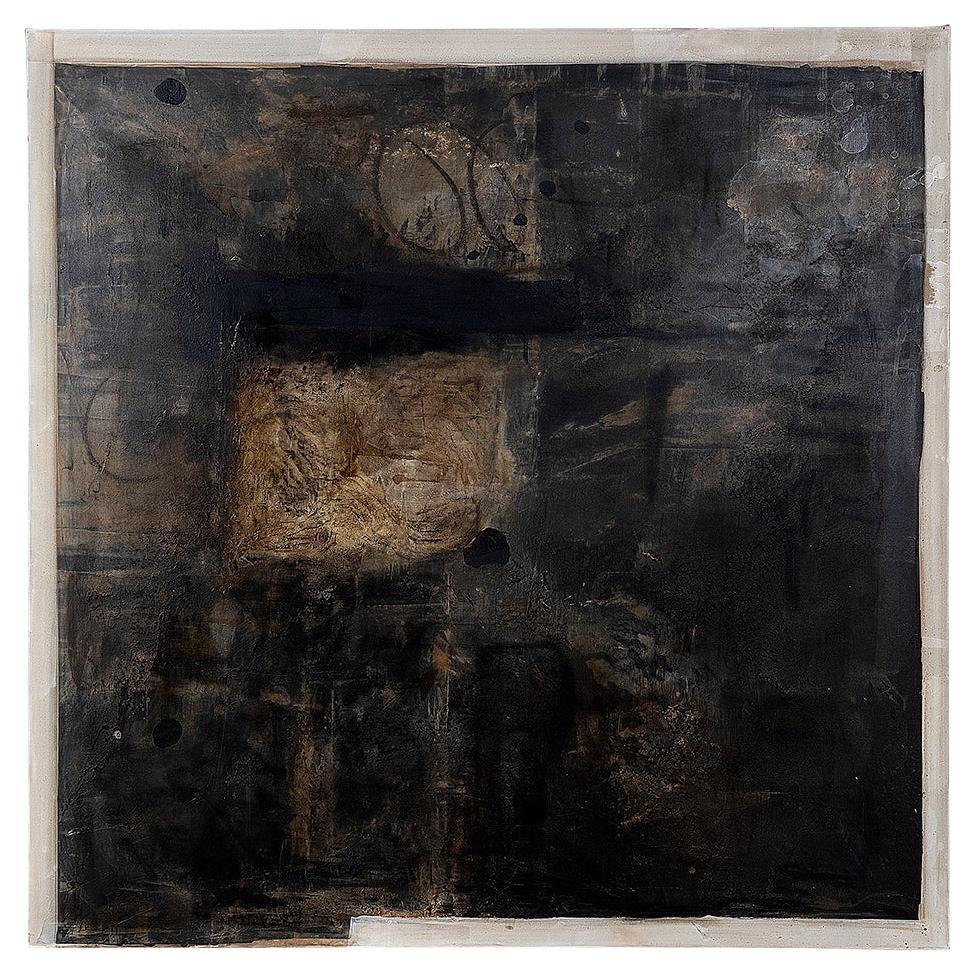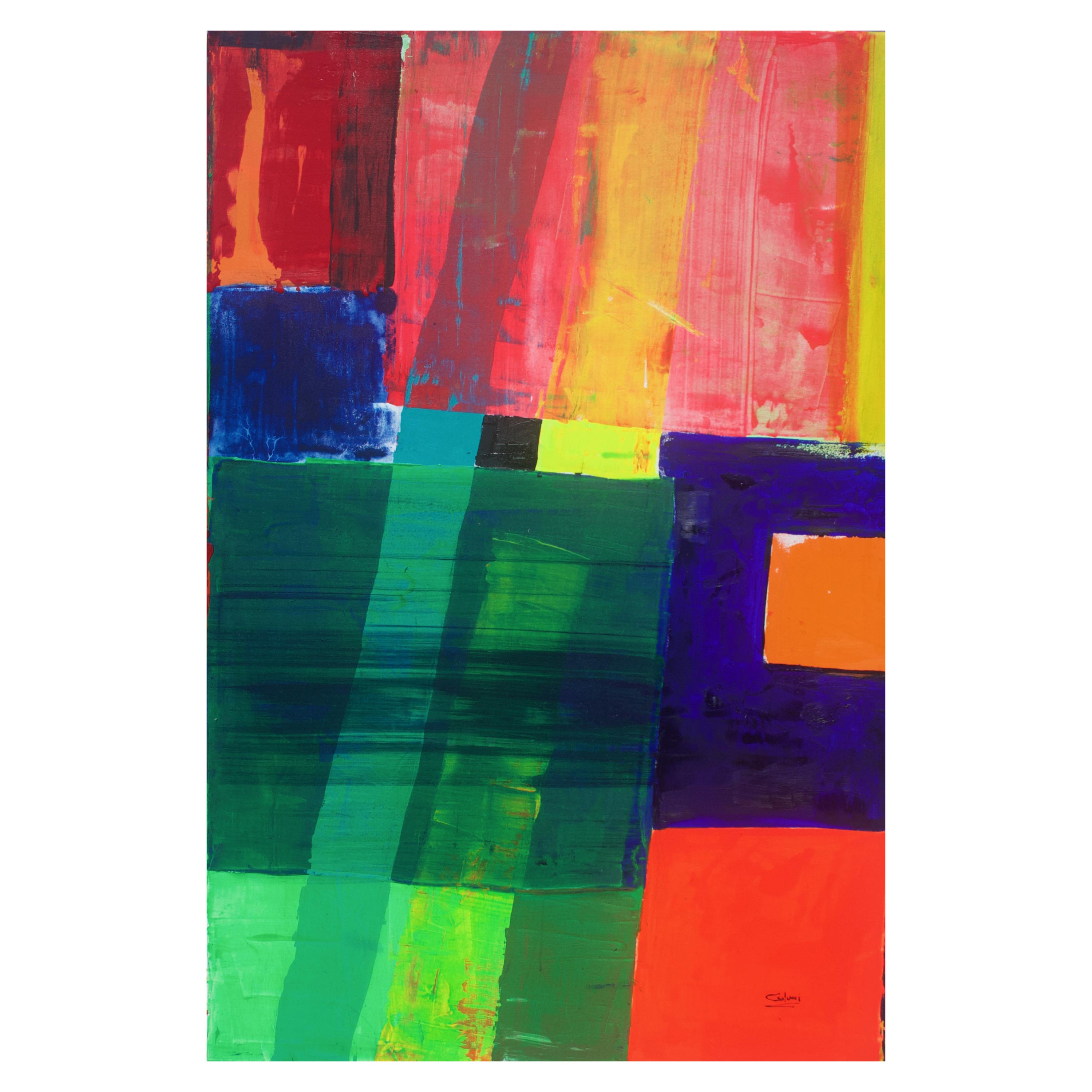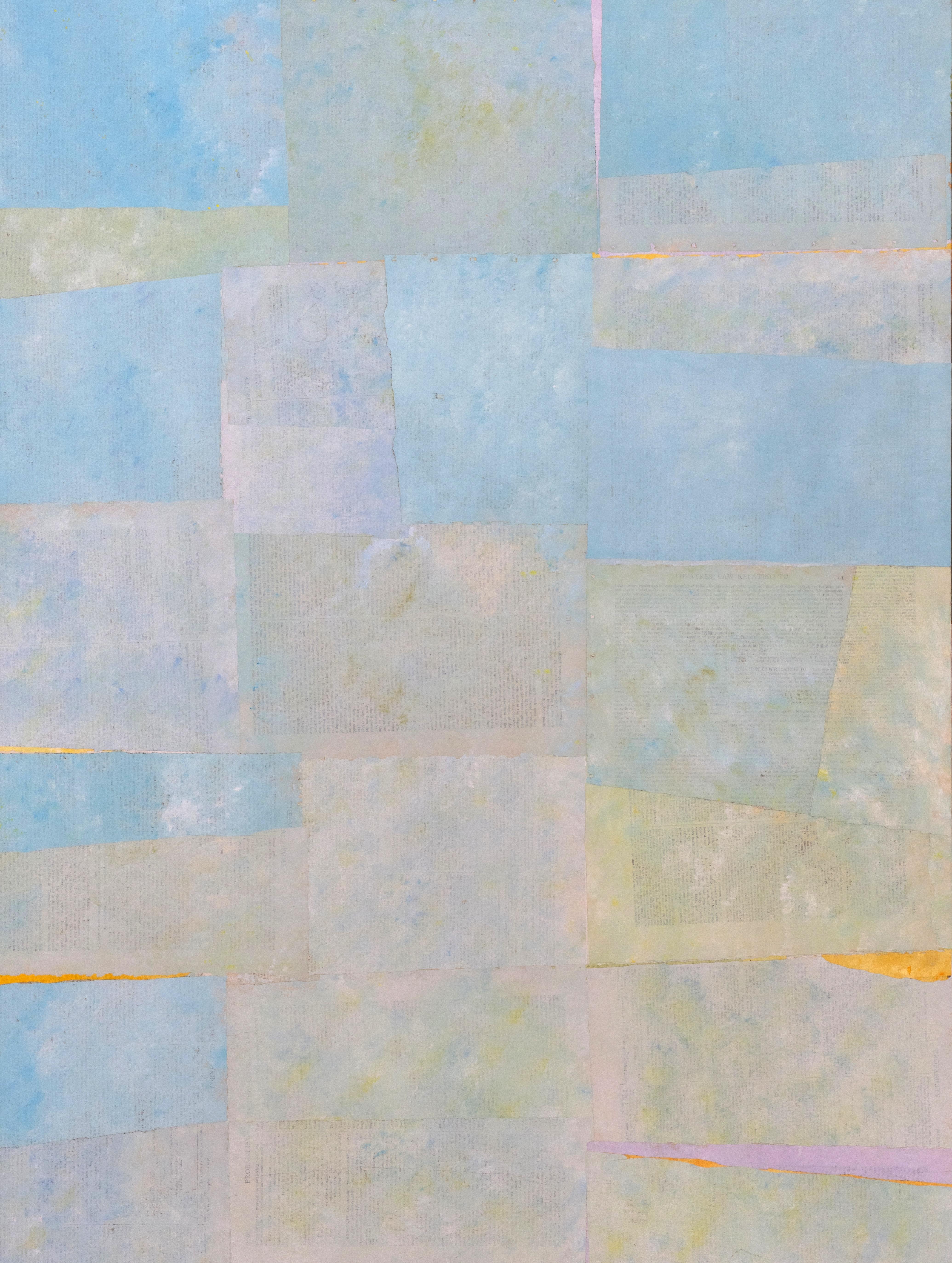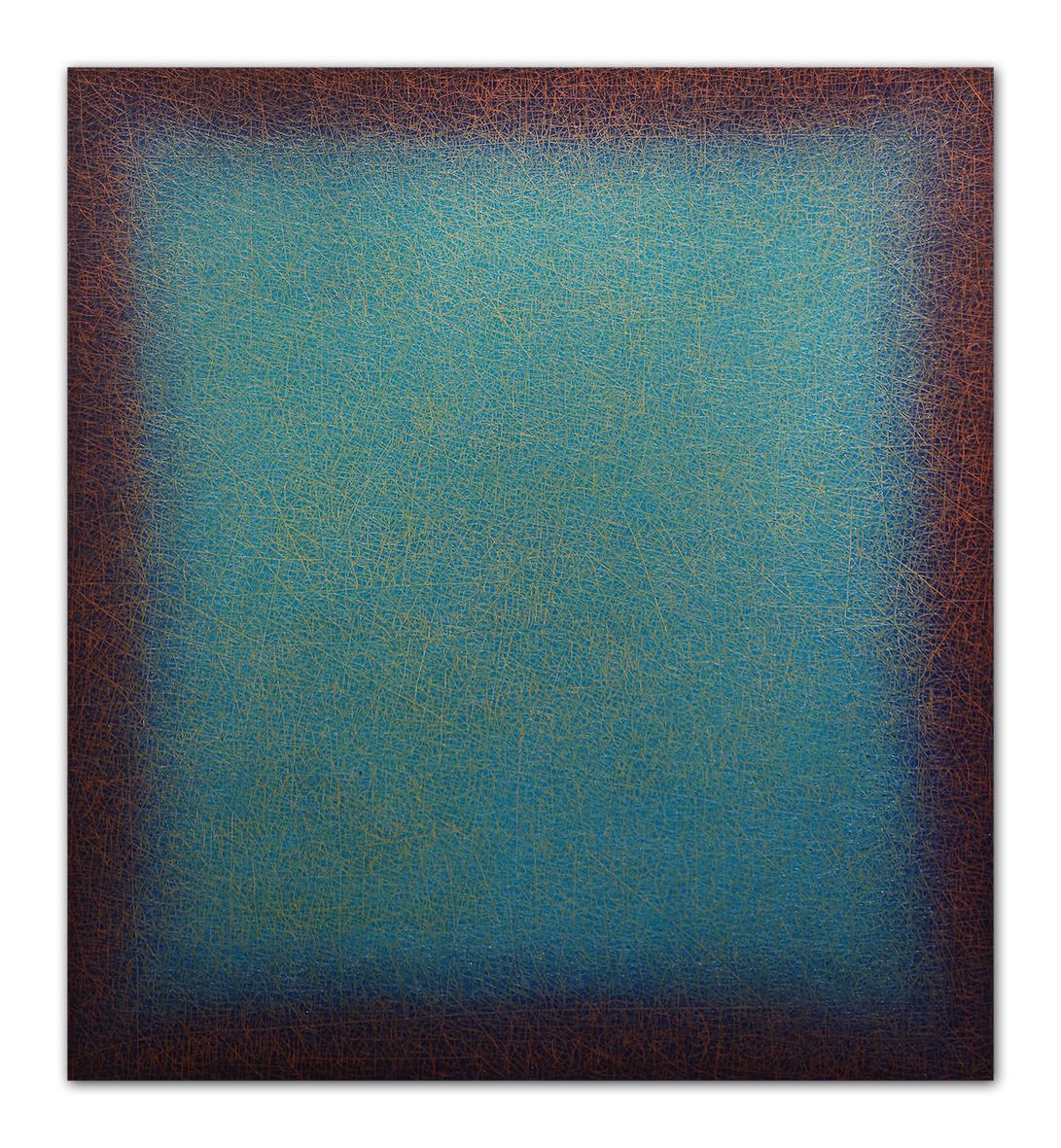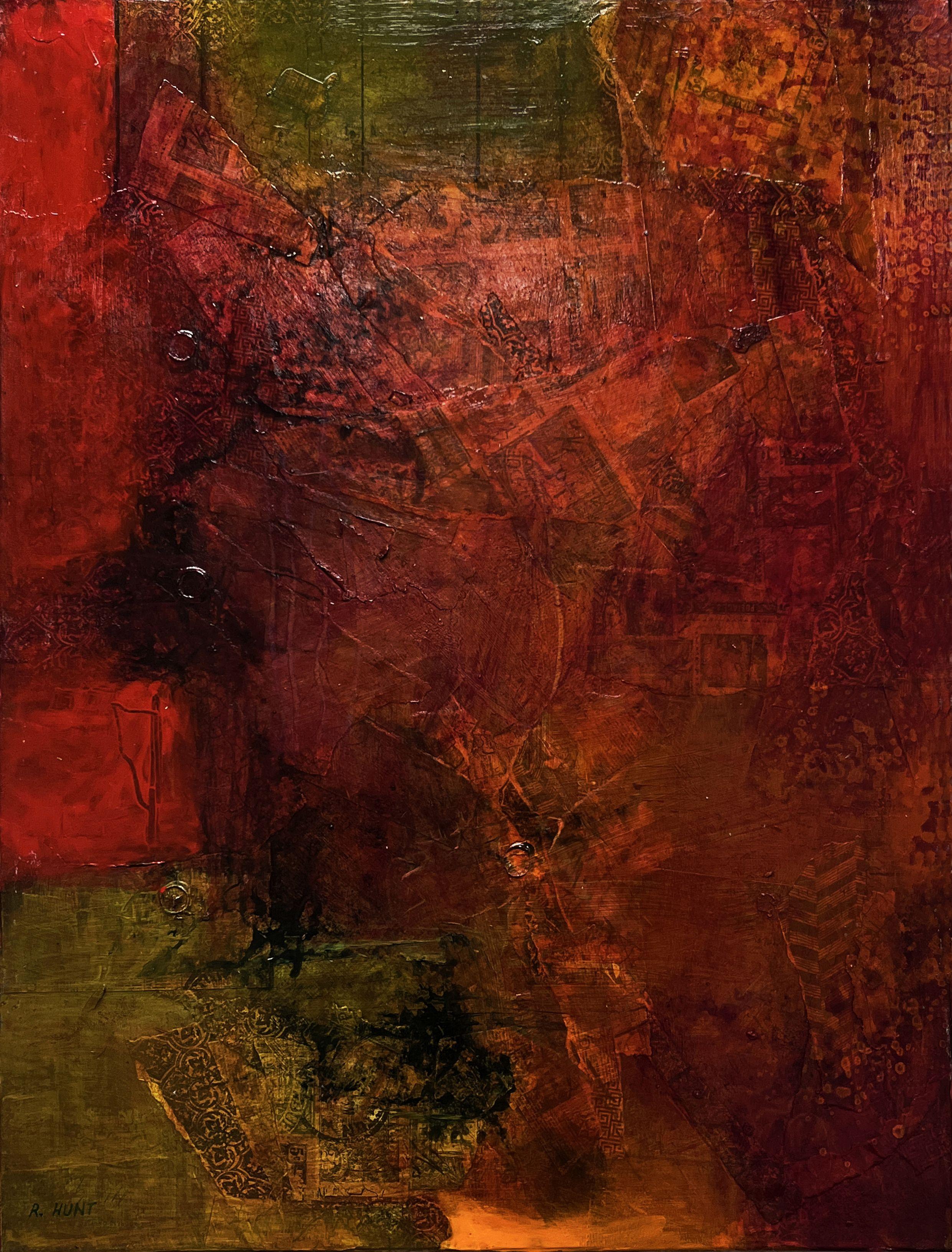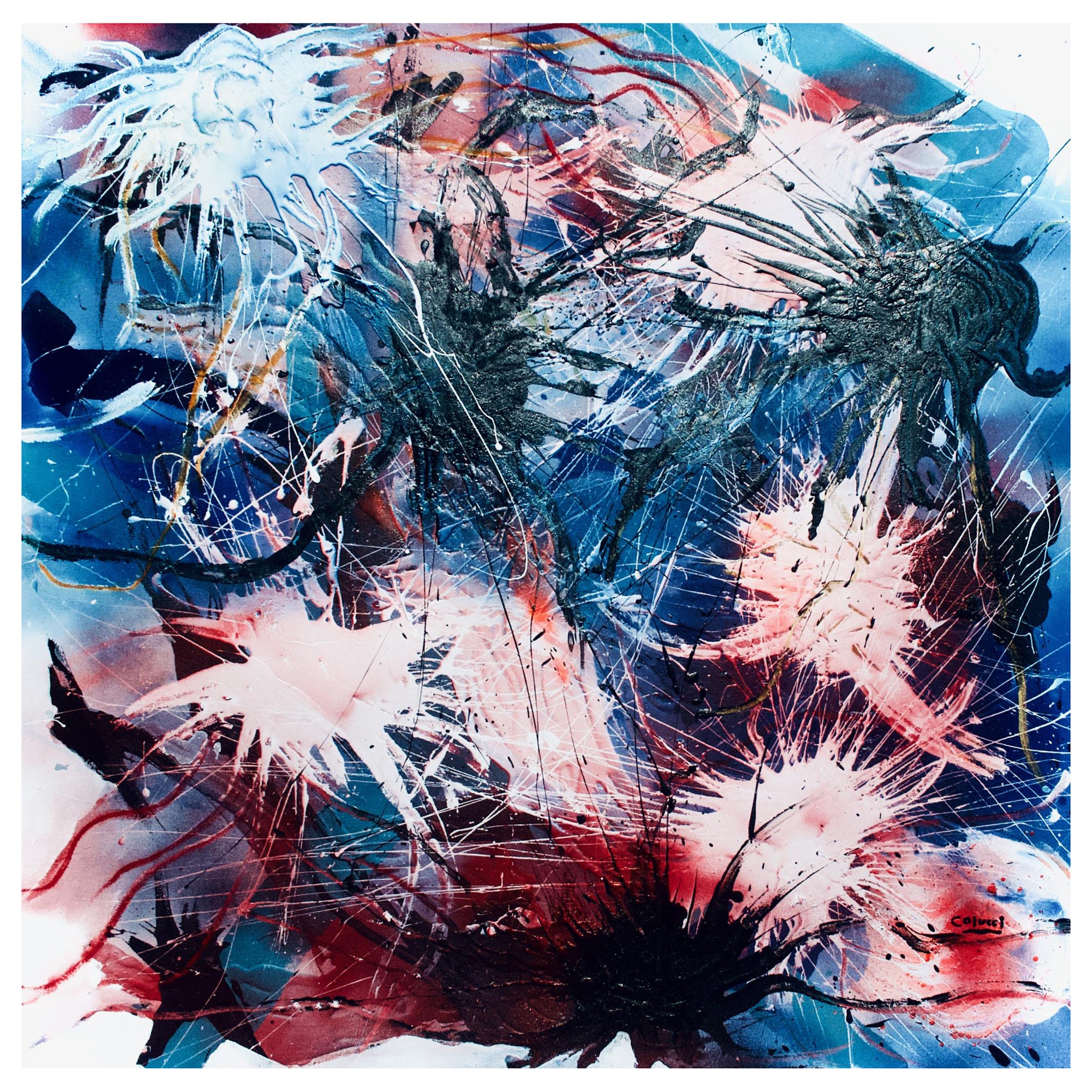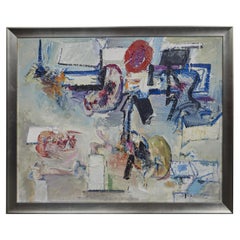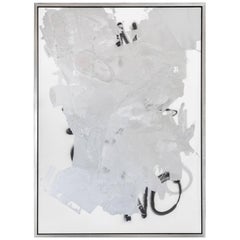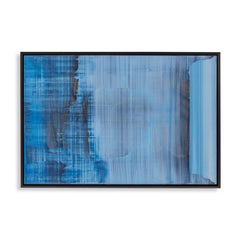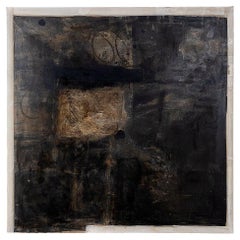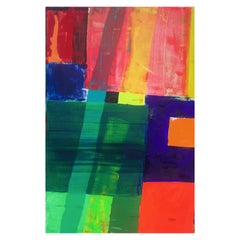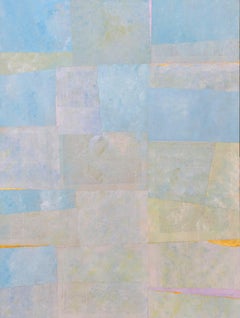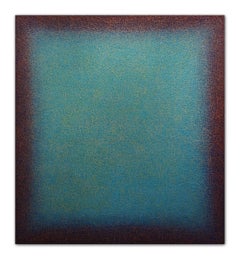Want more images or videos?
Request additional images or videos from the seller
1 of 9
Scott CovertMixed Media Painting by Scott Covertunknown
unknown
$7,500
£5,839.25
€6,640.91
CA$10,788.53
A$11,853.12
CHF 6,194.51
MX$141,358.23
NOK 78,439.28
SEK 73,072.80
DKK 49,624.02
About the Item
Mixed media on canvas by listed American artist Scott Covert (b. 1954). Using oil wax crayons, Covert makes detailed rubbings of monuments, then adorns them with colors and marks and inscriptions. Signed on reverse. In artist frame.
In 1979, Covert had his first solo show, curated by Keith Haring at Club 57, he has since exhibited at galleries around the world.
- Creator:Scott Covert
- Creation Year:unknown
- Dimensions:Height: 47.5 in (120.65 cm)Width: 45.5 in (115.57 cm)Depth: 2 in (5.08 cm)
- Medium:
- Period:
- Condition:
- Gallery Location:Los Angeles, CA
- Reference Number:1stDibs: LU2563215984872
About the Seller
5.0
Vetted Professional Seller
Every seller passes strict standards for authenticity and reliability
1stDibs seller since 2023
- ShippingRetrieving quote...Shipping from: Los Angeles, CA
- Return Policy
More From This Seller
View All"Untitled"
By James Coignard
Located in Los Angeles, CA
“Untitled” by French artist James Coignard (1925-2008).
Oil, acrylic and paper collage on canvas. Signed lower right corner.
Category
20th Century Mixed Media
Materials
Canvas, Paper, Oil, Acrylic
$22,000
Oil on Canvas by Hans Burkhardt
By Hans Burkhardt
Located in Los Angeles, CA
Framed oil on canvas by Swiss-American abstract expressionist artist Hans Burkhardt (1904-1994). Signed and dated in lower right corner, 1967.
Silver gilt wood frame.
Category
Mid-20th Century Paintings
Materials
Canvas, Oil
Original, 2013 Stefan Bruggeman Painting
Located in Los Angeles, CA
"(Certain) Puddle Painting #4", original, signed, 2013, aluminum paint and spray paint on canvas by rising art star, Mexican-born painter, Stefan Brüggeman...
Category
2010s More Art
Materials
Canvas, Spray Paint
"Untitled"
By Miriam Cabessa 2
Located in Los Angeles, CA
Framed oil on canvas paintings signed on back by Israeli-American artist Miriam Cabessa (b. 1966) and dated 2017. Wired to be hung vertically or horizontally.
Cabessa was born i...
Category
21st Century and Contemporary Abstract Abstract Paintings
Materials
Canvas, Oil
"Untitled"
By Miriam Cabessa 2
Located in Los Angeles, CA
Framed oil on canvas paintings signed on back by Israeli-American artist Miriam Cabessa (b. 1966) and dated 2017. Wired to be hung vertically or horizontally.
Cabessa was born i...
Category
21st Century and Contemporary Abstract Abstract Paintings
Materials
Canvas, Oil
Untitled
Located in Los Angeles, CA
Untitled oil on canvas, signed and dated 1988 by American artist Giorgio Cavallon (1904-1989) on the reverse. Cavallon was a founding member of the American Abstract Artists and a ...
Category
Late 20th Century Abstract Abstract Paintings
Materials
Cotton Canvas, Oil
You May Also Like
Mixed Media Work by Scott Kerr
Located in Dallas, TX
Scott Kerr is a self-taught Contemporary Abstract Artist. As a young boy, he was exposed to the art world by his father through the works of a local Texas artist, David Brownlow. Ama...
Category
21st Century and Contemporary Paintings
Materials
Canvas, Paint
Mixed Media Painting by Steven Colucci
By John Byard
Located in New York City, NY
Steven Colucci’s iconoclastic approach to performance and the visual arts
have not only long blurred the boundaries between these disciplines, but have
challenged its most basic assumptions. The title of this show references a
most rudimentary dance move --the plié --and our assumptions of what to
expect in relation to this. Also the suggestion that we can simply press a
button and a preconceived outcome will be courteously delivered --a form of
prefabricated belief in itself. Steven Colucci’s artwork turns such basic
assumptions on their heads. Finding early inspiration in the New York school
of abstract expressionists such as Jackson Pollock with his action painting,
and then further by his professor --a then young Vito Acconci while studying
at the School of Visual Arts, Steven Colucci went from exploring the raw
existentialist experimentation of New York’s early painting and performance
scenes, to investigating the other end of the spectrum --the rigorously
measured and controlled disciplines of pantomime and ballet; studying in
Paris under the tutelage of world-famous Marcelle Marceau, and engaging
with the concepts of dramatic movement pioneer and intellectual Etienne
Decroux. Colucci has explained the difference between the extremes of
pantomime and dance as being that pantomime forces movement via an
internal capacity --movement directed inward to the core of one’s self --a
source requiring extreme mental and physical control. Dance by contrast is
an external expression; likewise requiring great precision, although instead
an extension of self or sentiment that projects outwardly. While such
historical ‘movement’ disciplines serve as foundation blocks for Steven’s
artistic explorations, it is the realm in between that he is best known for his
contributions --an experimental movement and performance art that
simultaneously honors, yet defiantly refutes tradition; rejecting a
compartmentalization regarding art and movement, yet incorporating its
elements into his own brand of experimental pastiche. Colucci’s performance
works manifest as eerily candy-coated and familiar, yet incorporate
unexpected jags of the uncanny throughout, exploiting a sort of coulrophobia
in the viewer; an exploration of a cumulative artifice that binds human
nature against its darker tendencies; highlighting traditions of artifice itself -
the fabricated systemologies that necessitate compartmentalization in the
first place.
It is evident in Steven Colucci’s paintings that he has established a uniquely
distinctive pictorial vocabulary; a strong allusion to --or moreso an extension
of --his performance works. Colucci’s paintings depict a sort of kinetic
spectrum, or as he refers to them “a technical expression of physicality and
movement”. Whereas the French performance and visual artist Yves Klein
used the human body as a “paint brush” to demarcate his paintings and
thereby signify a residue of performance, Colucci’s utilization of nonsensical
numbers and number sequences taken from dance scores, as well as heat-
induced image abstraction depicting traces of movement likewise inform his
vocabulary. In the strand of the choreographed, yet incorporating moments of
chance, Colucci’s paintings represent an over arching structure; a rhythm of
being and state, yet detail erratic moments --moments that denote a certain
frailty --the edge of human stamina. Colucci’s paintings dually represent a
form of gestural abstraction --and also the reverse of this --a unique
anthropomorphization of varying states of movement – that sometimes
present as a temperature induced color field, at others are juxtapositions of
movement and depictions of physical gestural images themselves. Colucci’s
use of vernacular and found materials such as cardboard evoke his mastery of
set design, and also reference a sort of collective experience of urbanity and
the ephemeral. Such contradictions seem to permeate not only Steven
Colucci’s artwork, but also are reflected in his person – one who grew up in
New York’s Bronx during a zeitgeist moment in visual and performing arts in
the 1960s – one who shifts with ease from happenings and experiments in
New York City, to his meticulously choreographed megaproductions at
Lincoln Center or starring in the Paris ballet...
Category
2010s Paintings
Materials
Acrylic
Untitled
By Charlie Miesmer
Located in Fairfield, CT
Mixed media on panel
Category
2010s Contemporary Mixed Media
Materials
Mixed Media
Eberhard Ross - Speicher - Original Painting
By Eberhard Ross
Located in Collonge Bellerive, Geneve, CH
Eberhard Ross - Speicher - Original Painting
Dimensions: 120 x 110 cm
Medium: Oil on Canvas
Eberhard Ross
Born 1959 in Krefeld Germany
Studied at Folkwang-University Of Arts Essen...
Category
2010s Contemporary Mixed Media
Materials
Oil, Canvas
Residue of Memories, Mixed Media on Canvas
By Bob Hunt
Located in Yardley, PA
This is a collage which is very different for me. It's a collaboration with my wife Denise. She started out doing the collage and I finished it off with acrylic paint. It's on stretc...
Category
2010s Contemporary Mixed Media
Materials
Mixed Media
Mixed Media Painting by Steven Colucci
By Jackson Pollock
Located in New York City, NY
Steven Colucci’s iconoclastic approach to performance and the visual arts
have not only long blurred the boundaries between these disciplines, but have
challenged its most basic assumptions. The title of this show references a
most rudimentary dance move --the plié --and our assumptions of what to
expect in relation to this. Also the suggestion that we can simply press a
button and a preconceived outcome will be courteously delivered --a form of
prefabricated belief in itself. Steven Colucci’s artwork turns such basic
assumptions on their heads. Finding early inspiration in the New York school
of abstract expressionists such as Jackson Pollock with his action painting,
and then further by his professor --a then young Vito Acconci while studying
at the School of Visual Arts, Steven Colucci went from exploring the raw
existentialist experimentation of New York’s early painting and performance
scenes, to investigating the other end of the spectrum --the rigorously
measured and controlled disciplines of pantomime and ballet; studying in
Paris under the tutelage of world-famous Marcelle Marceau, and engaging
with the concepts of dramatic movement pioneer and intellectual Etienne
Decroux. Colucci has explained the difference between the extremes of
pantomime and dance as being that pantomime forces movement via an
internal capacity --movement directed inward to the core of one’s self --a
source requiring extreme mental and physical control. Dance by contrast is
an external expression; likewise requiring great precision, although instead
an extension of self or sentiment that projects outwardly. While such
historical ‘movement’ disciplines serve as foundation blocks for Steven’s
artistic explorations, it is the realm in between that he is best known for his
contributions --an experimental movement and performance art that
simultaneously honors, yet defiantly refutes tradition; rejecting a
compartmentalization regarding art and movement, yet incorporating its
elements into his own brand of experimental pastiche. Colucci’s performance
works manifest as eerily candy-coated and familiar, yet incorporate
unexpected jags of the uncanny throughout, exploiting a sort of coulrophobia
in the viewer; an exploration of a cumulative artifice that binds human
nature against its darker tendencies; highlighting traditions of artifice itself -
the fabricated systemologies that necessitate compartmentalization in the
first place.
It is evident in Steven Colucci’s paintings that he has established a uniquely
distinctive pictorial vocabulary; a strong allusion to --or moreso an extension
of --his performance works. Colucci’s paintings depict a sort of kinetic
spectrum, or as he refers to them “a technical expression of physicality and
movement”. Whereas the French performance and visual artist Yves Klein
used the human body as a “paint brush” to demarcate his paintings and
thereby signify a residue of performance, Colucci’s utilization of nonsensical
numbers and number sequences taken from dance scores, as well as heat-
induced image abstraction depicting traces of movement likewise inform his
vocabulary. In the strand of the choreographed, yet incorporating moments of
chance, Colucci’s paintings represent an over arching structure; a rhythm of
being and state, yet detail erratic moments --moments that denote a certain
frailty --the edge of human stamina. Colucci’s paintings dually represent a
form of gestural abstraction --and also the reverse of this --a unique
anthropomorphization of varying states of movement – that sometimes
present as a temperature induced color field, at others are juxtapositions of
movement and depictions of physical gestural images themselves. Colucci’s
use of vernacular and found materials such as cardboard evoke his mastery of
set design, and also reference a sort of collective experience of urbanity and
the ephemeral. Such contradictions seem to permeate not only Steven
Colucci’s artwork, but also are reflected in his person – one who grew up in
New York’s Bronx during a zeitgeist moment in visual and performing arts in
the 1960s – one who shifts with ease from happenings and experiments in
New York City, to his meticulously choreographed megaproductions at
Lincoln Center or starring in the Paris ballet...
Category
2010s Paintings
Materials
Acrylic
